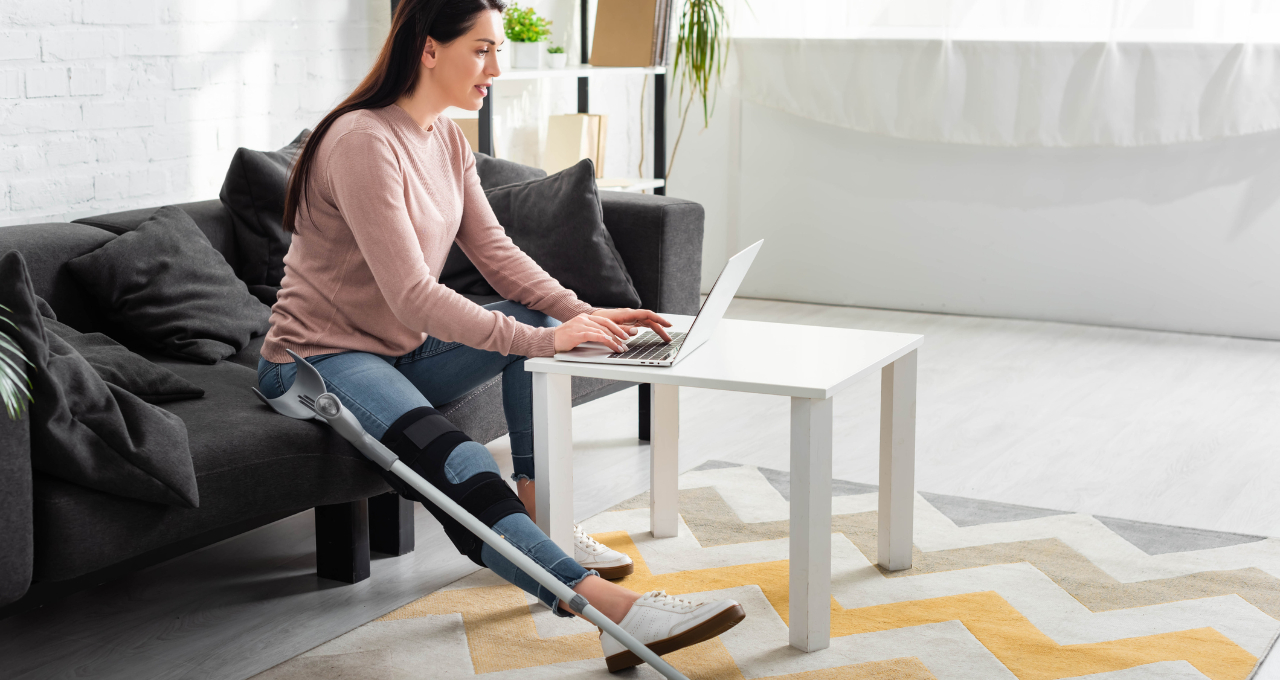At a time when physical distancing has become mandatory across Canada, the University of Alberta's Glen Sather Sports Medicine Clinic has turned to remote technology to help patients access vital rehabilitation services.
A newly implemented option for virtual appointments will provide patients with "face-to-face" therapy even with the shutdown of all non-essential physiotherapy services in Alberta.
"While some questions or concerns that patients have can be addressed via email or phone, certain aspects of the assessment and treatment process are best done with a visual medium like our telerehabilitation sessions," said Elizabeth Clark, a physiotherapist at the clinic.
Clark said remote sessions can hold a lot of benefits, especially when it comes to important information about how to manage various conditions at home.
"Patients looking for at-home exercises and education to manage their condition will benefit from virtual appointments," she added.
Clark said physiotherapists will walk patients through a detailed history of their injuries or conditions and conduct the required movement exam on video to provide recommendations based on the patients' specific needs-much the same as an in-person appointment.
After the assessment or reassessment, the physiotherapist will discuss any injuries in detail with the patient, said Clark.
"This would include the anatomy involved, any contributing factors to the injury and how to adjust activity levels moving forward. The physiotherapists will also go through and demonstrate any exercises and ensure that the patient understands how to complete the movements."
While the clinic can continue treatment and appropriate progression programs for their current patients through remote appointments, Clark said new patients can also contact the clinic for assistance.
Any change in a person's regular routine can cause new injuries, added Clark.
"Physical distancing has brought many changes to our regular routines-whether that be having to work from a less than ideal workstation at home or taking up a new form of activity to try to remain active. We can provide assessments and treatment to help with the transition."
The clinic will also continue to help people with general sprains and strains, make recommendations for post-operative rehabilitation programs and treat WCB injuries, as well as injuries related to motor vehicle accidents.
"We pride ourselves in providing quality, evidence-based rehabilitation and taking our time with clients to give them the care that they need," said Clark.
"This same approach will carry forward into our telerehabilitation services."
For those looking to access virtual appointments, the clinic is booking assessment and treatment sessions by phone at 780-407-5160.
